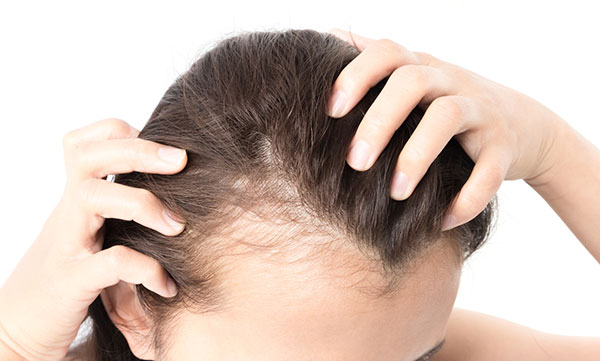
How Thyroid Conditions Cause Hair Loss
The Thyroid gland is located on the lower front part of the neck and is responsible for producing thyroid hormones. These hormones are used by the body to stay warm, produce energy, and ensure proper working of muscles and organs.
Abnormal production of thyroid can cause a variety of problems. Hypothyroidism, which refers to an underactive thyroid, is when insufficient amounts of the hormone are produced. On the other hand, hyperthyroidism is also known as an overactive thyroid and involves the production of too much hormone. Both situations can result in hair loss in some people, making it essential to seek
hair restoration services in San Francisco.
Thyroid health and hair loss
The structure of the skin is such that hairs grow from small pockets under the skin known as follicles. The thyroid hormone, which is produced by the thyroid gland, affects the development and maintenance of hair follicles. As such, acute hyperthyroidism or hypothyroidism can cause hair loss.
Hair roots work by growing hair for some time before taking a break. Whenever there is too much or not enough thyroid hormone in the body, it can affect the functioning of the hair roots. This may cause the hair roots to rest too early, a factor that eventually leads to hair loss. However, hair loss can also occur as a side effect of some antithyroid drugs that are prescribed to help treat an overactive thyroid.
Signs of thyroid-related hair loss
Hair loss is perfectly normal and can affect hair on any part of the body. However, it is usually most noticeable on the scalp. Apart from hair loss, there are other symptoms of hyperthyroidism and hypothyroidism.
Common symptoms of hypothyroidism include feeling cold, tiredness, unexplained weight gain, forgetfulness, depressed mood, constipation, and drier-than-usual skin.
For hyperthyroidism, you may experience nervousness, increased sweating, irritability, anxiety, and muscle weakness. Some people also experience difficulty sleeping, rapid heartbeat, thinning of the skin, and more frequent bowel movements. Doctors have also observed abnormal menstrual patterns in people with an underactive or overactive thyroid.
Get a Permanent Solution to Hair Loss with FUE Hair Restoration Surgery
In case you have the symptoms associated with an overactive or underactive thyroid, you should seek medical attention. An experienced doctor will not only have your thyroid levels checked but also look at your medical history, conduct a physical exam, and blood tests to determine the cause of the problem. Next you will want to see out an experienced
FUE hair restoration doctor who can use to address the issue with hair transplant surgery, a procedure that has proven effective in men's and
women's hair loss treatment.


